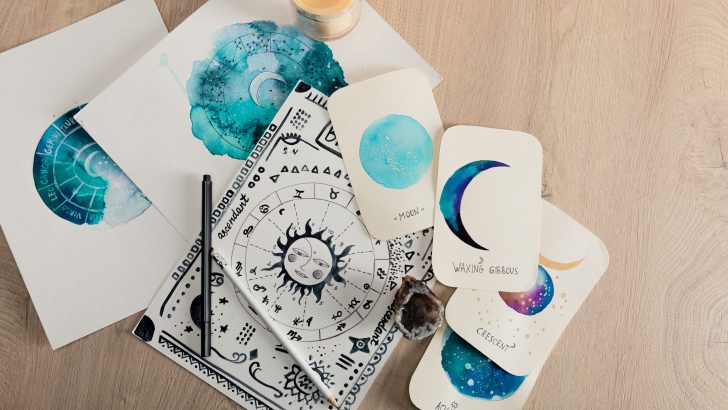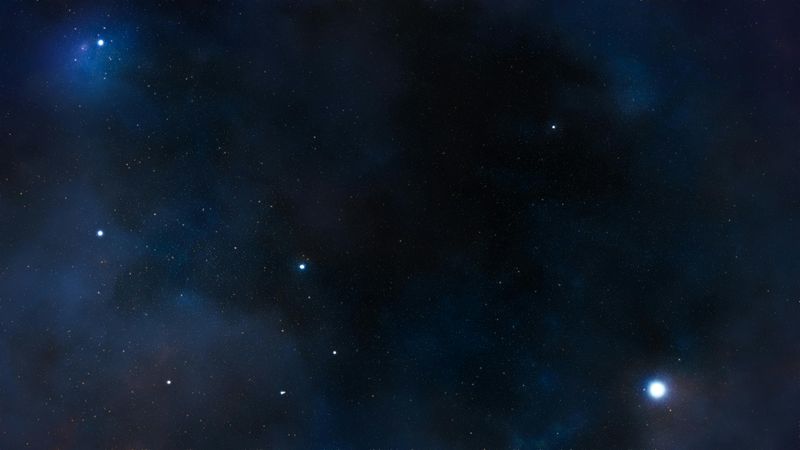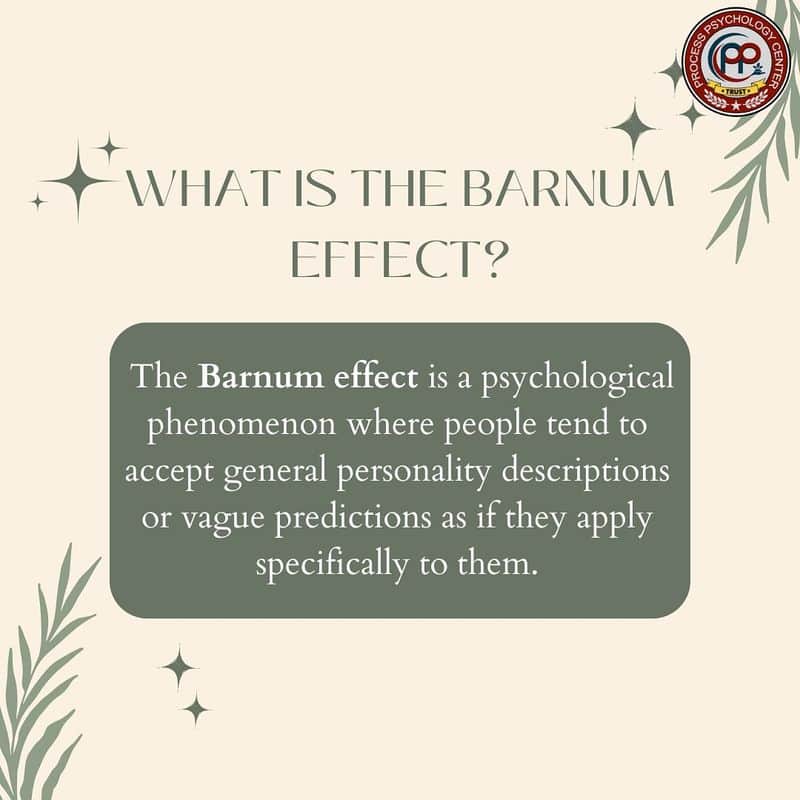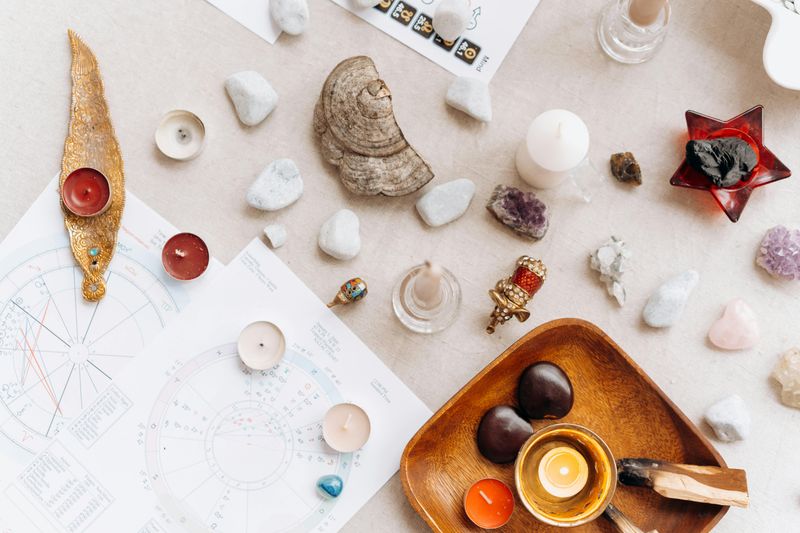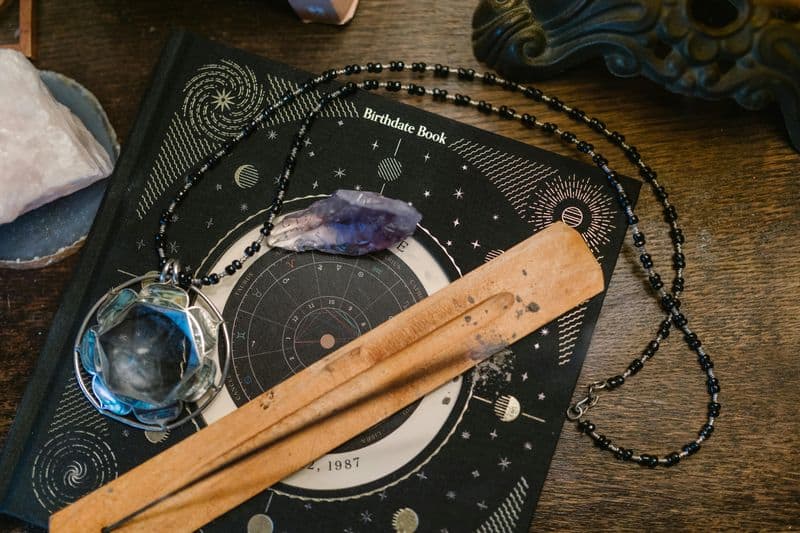Ever wondered if those horoscopes actually know what they’re talking about? Astrology has been around for thousands of years, with millions of people checking their star signs daily.
While scientists often dismiss it as pseudoscience, many swear by the accuracy of their zodiac readings.
Let’s explore just how much you can actually count on the stars to guide your life!
1. Star-Crossed Science
The scientific community has some serious beef with astrology. Numerous studies, including one by physicist Shawn Carlson in 1985, found that professional astrologers couldn’t match birth charts to personality profiles any better than random chance would predict.
Yet astrology enthusiasts aren’t deterred! They argue that the cosmos works in mysterious ways that science simply hasn’t figured out how to measure yet. The relationship between celestial bodies and human behavior might operate on principles beyond our current understanding.
Plus, who hasn’t experienced that weird moment when your horoscope was eerily spot-on? Those coincidences keep people coming back, even when science says it’s all in our heads.
2. The Barnum Effect Bamboozle
“You have a great need for others to like and admire you.” Sound familiar? That’s the Barnum Effect in action – our tendency to accept vague, general statements as uniquely personal to us. Horoscopes often use this psychological trick, crafting descriptions so general they could apply to almost anyone.
Remember that time your horoscope perfectly described your week? Our brains are wired to remember hits and forget misses. We’ll remember the one prediction that came true and completely forget the twenty that didn’t.
Funny enough, studies show people rate horoscopes as more accurate when they believe it’s specifically for their sign – even when everyone receives identical readings!
3. Cosmic Comfort Blanket
When life gets crazy unpredictable, astrology offers a cozy explanation for why everything’s happening. Bad day? Mercury’s in retrograde! Dream job offer? Jupiter’s blessing your career house! There’s something deeply comforting about believing the universe has a plan.
Astrology provides a language to discuss personality and emotions that many find more accessible than psychology. “She’s such a Scorpio” feels less clinical than discussing someone’s trust issues or emotional intensity.
The zodiac creates community too! Nothing bonds strangers faster than discovering you’re both Cancers or have Venus in Pisces. In our increasingly disconnected world, astrology offers both meaning and connection.
4. Your Celestial Mirror
Horoscopes work as fantastic self-reflection tools, regardless of their cosmic accuracy! Reading about your Taurus stubbornness might make you pause and consider if you’ve been digging in your heels too much lately. That Leo reading about seeking attention might prompt some healthy self-examination.
Astrology fans often report that their zodiac traits helped them understand themselves better. “I never realized why I was so sensitive until I learned about my Cancer moon!” This self-awareness can lead to genuine personal growth.
The stars essentially offer a fun framework for introspection. Whether Mercury’s actually affecting your communication or not, taking time to think about how you’re expressing yourself is never a bad idea!
5. When Stars Align Suspiciously Well
Here’s the wild thing – sometimes astrology just works! Ask anyone who’s dated multiple people of the same sign, and they’ll swear there are patterns. “I’ll never date another Gemini!” isn’t just a random statement; it’s often based on eerily similar experiences.
Professional astrologers go way beyond daily horoscopes, creating detailed birth charts mapping planets’ positions at your exact birth moment. These readings can reveal personality traits and life patterns with shocking accuracy that leave even skeptics scratching their heads.
Maybe there is something to this ancient practice after all! Even if science hasn’t proven how it works, millions of people across thousands of years can’t all be wrong… can they?

